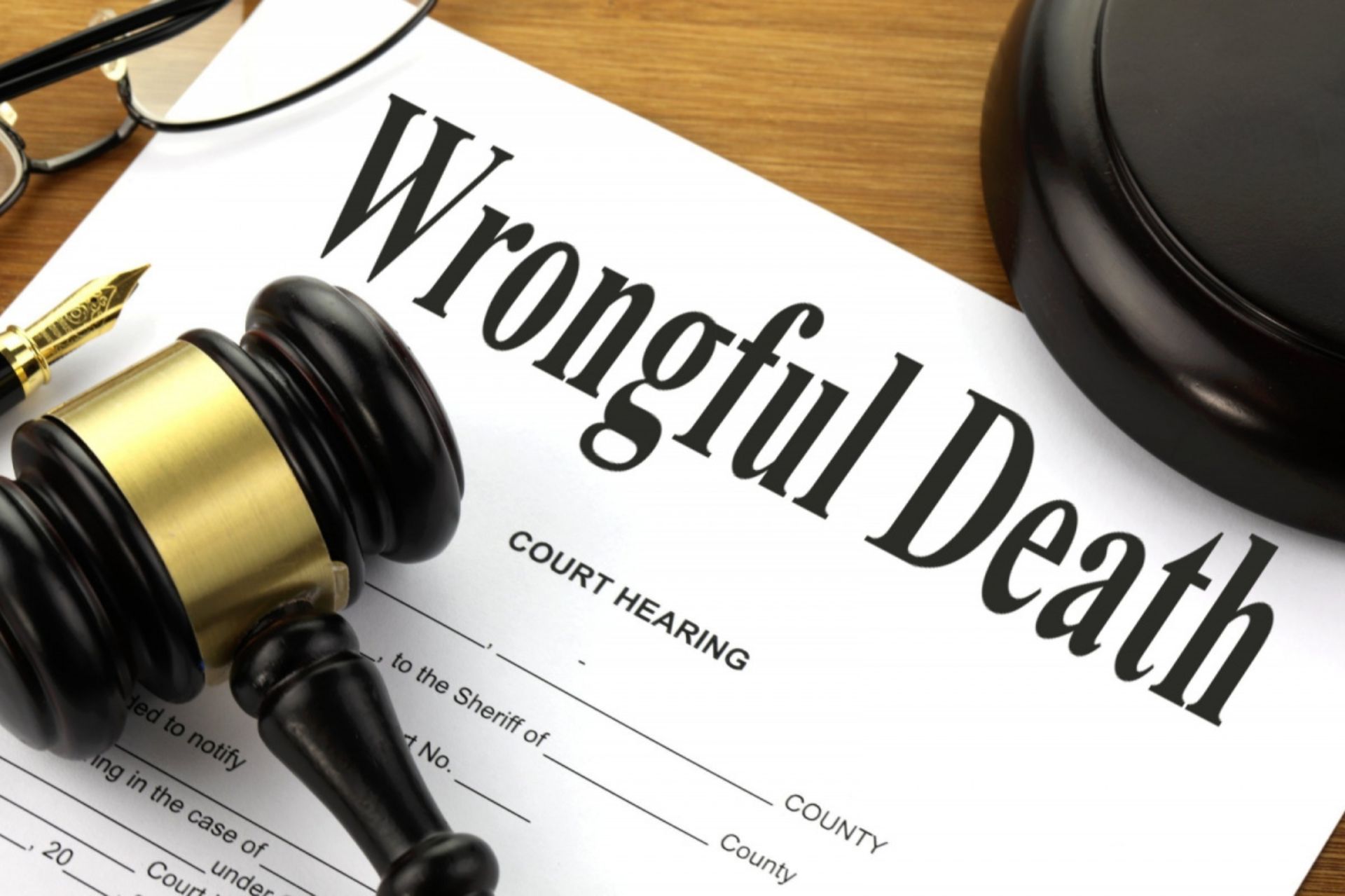

Sponsored Ads

Sponsored Ads

The death of a loved one due to wrongful death is a devastating experience, leaving families to cope with emotional and financial turmoil. Knowing the appropriate steps can provide clarity and support during this difficult time. One critical aspect to consider is how the victim can file a wrongful death claim.
This legal action seeks compensation for the survivors' loss, covering aspects like lost income, funeral expenses, and emotional distress. The authentic information from the Centers for Disease Control and Prevention indicates that there are over 170,000 unintended injury deaths in the United States annually, many of which may lead to wrongful death claims.
This guide outlines the procedures to follow after such a tragic event, ensuring that families can traverse the legal process effectively and seek the justice they deserve.
Immediate Steps to Take
After the wrongful death of a loved one, taking immediate and organized steps can help manage the situation effectively, empowering you to take control during this difficult time.
Contact Authorities: Immediately notify local law enforcement or emergency services. They will secure the scene, gather initial evidence, and file an official report, providing you with the necessary support for legal action.
Obtain a Death Certificate: This legal document is essential for various proceedings, including insurance claims and filings. According to the National Center for Health Statistics, acquiring an approved copy of the death certificate is a priority.
Notify Family Members and Close Friends: Informing close relatives and friends provides emotional support and ensures everyone knows the situation, fostering a sense of unity and support during this challenging time.
Collecting Evidence
Gathering evidence is vital to building a strong case. Here are the steps to follow:
Preserve Documents and Records: Collect all relevant documents, including medical records, accident reports, and communication logs. According to the American Bar Association, having thorough documentation can significantly strengthen your case.
Photograph and Document the Scene: If possible, take photographs of the scene where the wrongful death occurred. This visual evidence can be pivotal in legal proceedings.
Gather Witness Statements: Identify and speak to witnesses who can furnish firsthand accounts of the events leading to the death. Witness statements can be critical in establishing the circumstances of the incident.
Legal Consultation
Going for legal advice is a crucial step in pursuing justice and compensation.
Hire an Experienced Attorney: Engage an attorney specializing in wrongful death cases. An advocate can lead you through the legal complexities and effectively represent your interests. Based on the accurate information from the National Institute for Trial Advocacy, specialized legal representation increases the likelihood of a successful outcome.
Discuss Potential Compensation: Your attorney will help you comprehend the types of compensation you may have the right to, such as lost wages, medical expenses, and pain and suffering. The U.S. Department of Justice notes that monetary compensation can help alleviate the financial burden caused by wrongful death.
Filing the Claim
Proper legal procedures are essential to ensuring your claim is valid and robust.
File the Necessary Legal Documents: Work with your attorney to file all required documents within the statute of limitations. Each state has specific timelines, so timely action is critical.
Engage in Pre-Trial Procedures: This may involve mediation or settlement discussions. According to the American Arbitration Association, many cases are resolved during this phase, avoiding lengthy court trials.
Supporting Emotional and Financial Needs
Managing the emotional and financial impact of a wrongful death is as important as pursuing legal action.
Seek Grief Counseling: Professional counseling can provide essential support for coping with emotional trauma. The American Psychological Association emphasizes the benefits of therapy in dealing with grief.
Manage Financial Affairs: Address immediate financial concerns, such as paying for the funeral and settling outstanding debts. According to the Federal Trade Commission, careful financial planning can help manage the economic impact.
Dealing with the wrongful death of a loved one is an overwhelming experience. Families can navigate this challenging time more effectively by taking organized steps—contacting authorities, gathering evidence, seeking legal counsel, and managing emotional and financial needs.
Sponsored Ads

Sponsored Ads

